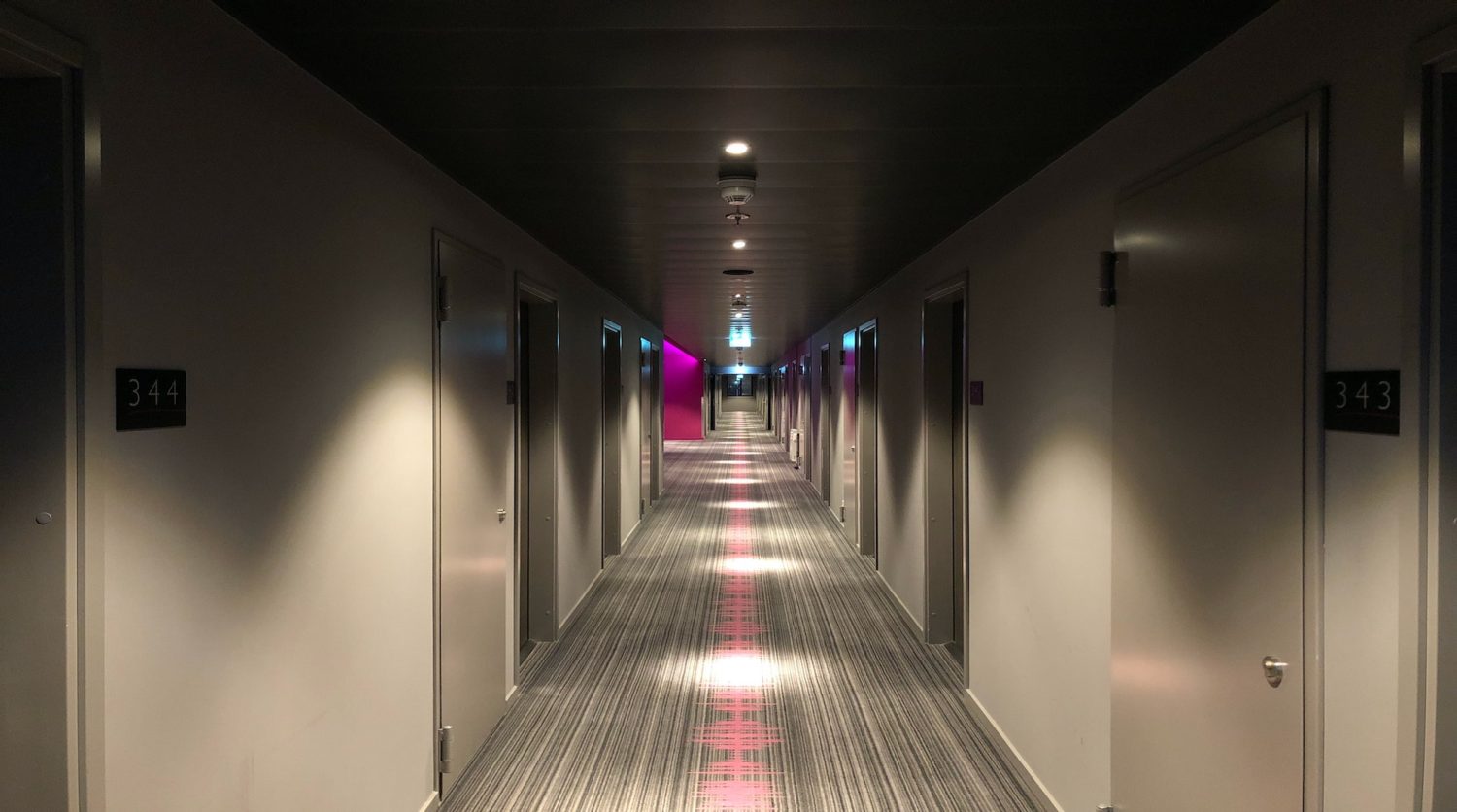A positive impact
Automation can benefit workers and businesses in tourism and hospitality, writes Stanislav Ivanov
Workers often see automation as a threat to their jobs and an instrument for their replacement, with technology exercising a downward pressure on their wages. This is valid not only for workers in manufacturing industries, but more recently for service employees too, including in tourism and hospitality. But the reality is much more complex. In practice, the relationship between automation and tourism labour can have three impacts on work: substitution, enhancement, and transformation.
Automation refers to a wide scope of technologies such as robots; self-service kiosks; chatbots; wearable and implantable tech; voice-activated devices; virtual, augmented and mixed reality; software robots; and intelligent automation applications. They are used to implement various tasks with little to no human involvement.
Looking first at the ‘substitution’ effect, we see that automation technologies can replace employees on various tasks; decrease labour demand; and have a depressing effect on wages. The substitution effect is hence a source of negative attitudes and fear towards automation and fuels technological neo-Luddism.
However, automation technologies can have significant ‘enhancing’ and ‘transformational’ effects for employees which are often much more important and have a positive impact on workers’ wellbeing.
By automating some tasks, workers are able to be more productive, serve more customers and, ultimately, get better pay. For example, the use of room service delivery robots can free up time for hotel staff to focus on more revenue-generating activities and pay more attention to guests, rather than dealing with transporting items from A to B in the hotel. Such robots could also positively affect the customer experience by making room service funny and entertaining. With the possibility that guests might post on social media about these robots, sales could increase from those who are curious to see how the technology works, for instance.
Automation eliminates certain tasks for employees and creates new ones, thus transforming the nature of work in tourism. In the example above, hotel employees would need to learn how to operate such a robot but would no longer need to carry out room service duties by themselves. Automation can thus allow employees to focus on more intellectually challenging tasks (such as menu design or customer service) rather than dull and repetitive and in some cases potentially dangerous tasks (like flipping burgers, disinfection, and the cleaning of premises). Automation can therefore help to create a decent work environment, and employees may be more motivated to work in the industry.
For tourism companies, automation has significant benefits. Most importantly, automation compensates for the lack of sufficient tourism labour supply. Due to various reasons including low salaries, seasonality and lockdowns, the appeal of a career in tourism has decreased dramatically in recent years.
While immigration provides some temporary solutions to labour shortages in tourism and hospitality, automation is the long-term solution: it reduces companies’ dependence on labour and decreases tourism labour demand. In that way, automation helps companies avoid problems with hiring and firing employees, save on labour costs, keep costs under control, and be more price competitive.
Productivity gains, positive word of mouth, easy scheduling and planning of operations, and improved customer experience are also benefits that need to be outlined.
Despite these benefits, the financial and non-financial costs should not be underestimated. That is why it is important for tourism companies to implement a cost-benefit analysis before they decide on the implementation of automation in their operations: it may turn out that the costs of automation outweigh the potential benefits.
Overall, automation and the hospitality industry are not in opposition.
Often people raise concerns that automation is not compatible with hospitality. However, the smart use of automation technologies for back-of-house tasks (without customer involvement) and for some front-of-house tasks (with customer involvement) which customers accept to be automated will allow for tourism and hospitality employees to pay more attention to guests because they will be liberated from many repetitive tasks. Perhaps automation will not replace hospitality, but actually revive it.

